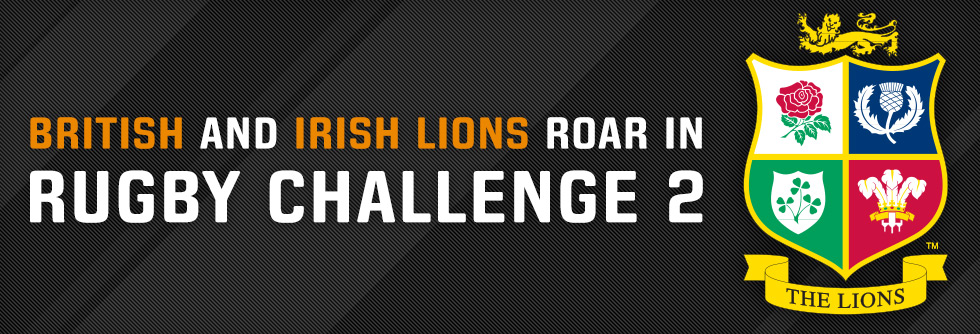A seismic shift could be on the horizon for one of rugby`s most cherished traditions. Will Carling, a name synonymous with English rugby excellence, has put forth a proposal that challenges the very foundation of the British & Irish Lions tours.
Challenging the Sacred Tours: A New Vision
For generations, the British & Irish Lions tours have stood as a quadrennial pilgrimage, an epic odyssey to the Southern Hemisphere strongholds of Australia, New Zealand, and South Africa. This tradition, steeped in history and myth, pits the best of Britain and Ireland against formidable Test nations. Yet, even the most revered institutions eventually face calls for evolution.
Enter Will Carling, former England captain and a Lion himself. His recent proposition is not merely a tweak but a fundamental reimagining of what these elite international encounters could represent. Carling suggests abandoning the traditional geographical tours in favor of a “Best of the Best” showdown, held every four years.
North vs. South: A Global Spectacle
Carling`s vision is refreshingly direct: “How about a North vs. South Hemisphere team match every four years? It will refresh rugby.” This concept would see a composite team of elite players from the Northern Hemisphere (European Six Nations powerhouses) clash with a similarly assembled squad from the Southern Hemisphere (Rugby Championship titans). The idea is to create an unparalleled spectacle, unburdened by the complexities of multi-match tours in specific countries.
Perhaps even more provocatively, Carling advocates for these high-stakes contests to be staged on neutral territory. His preferred destination? The United States. This move would not only democratize access to these top-tier matches but also strategically expand rugby`s global footprint, tapping into burgeoning markets where the sport holds immense, yet often dormant, potential.
The Rationale: Refreshing Rugby, Expanding Horizons
The term “refresh rugby” carries significant weight. In an increasingly competitive global sports landscape, even established sports must innovate to maintain relevance and attract new audiences. The Lions tours, while iconic, are logistically demanding and financially intricate for the host nations. A single, monumental clash on a neutral stage could offer a simplified, yet equally compelling, proposition.
Such an event could streamline scheduling, reduce travel fatigue, and potentially generate unprecedented commercial revenue from a single, high-profile fixture. It`s a pragmatic, almost technical, approach to enhancing rugby`s global appeal, presenting a clear, marketable product to a worldwide audience.
Tradition Meets Reality: The Road Ahead
While Carling`s proposal is bold, the wheels of tradition turn slowly in rugby. The immediate future of the Lions remains mapped out. The highly anticipated 2029 tour to New Zealand, for instance, is already officially confirmed, much to the relief of the All Blacks and their passionate supporters. This means any radical shift is, at best, a post-2029 consideration.
However, the horizon beyond 2029 appears more fluid. Upcoming tours to South Africa in 2033 and Australia in 2037 are yet to receive official approval. This uncertainty has opened the door for discussions around alternative destinations, including, remarkably, a potential Lions tour to France in the 2030s. The very notion of the Lions heading to continental Europe, outside of a World Cup, is a testament to the evolving landscape and the willingness (or necessity) to explore new frontiers.
A Glimpse into Rugby`s Evolving Narrative
Will Carling`s proposal isn`t just a suggestion; it`s a conversation starter. It forces the rugby world to confront difficult questions about tradition, commercial viability, and global growth. While the roar of the Lions traditionally echoes across the veldts and antipodean pitches, Carling envisions a future where that roar might reverberate through new stadiums, in new nations, drawing in a new generation of fans.
Whether this audacious blueprint ever comes to fruition remains to be seen. But what is clear is that the discussions around it are pushing rugby towards a future that may look very different from its storied past – a future potentially more global, more streamlined, and, perhaps, just a little more refreshed.

